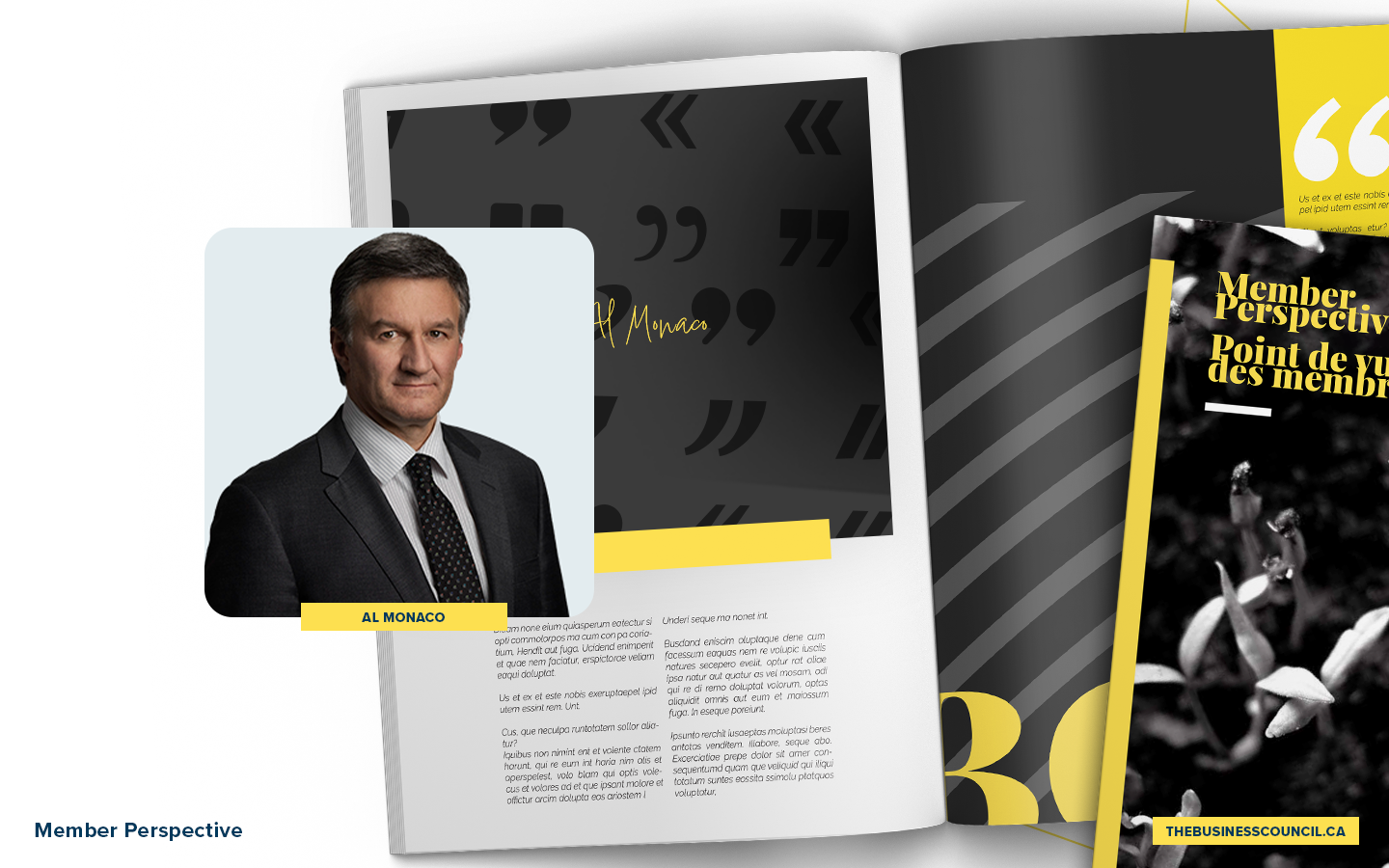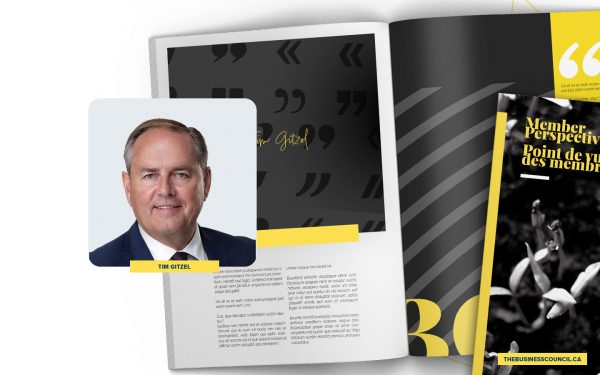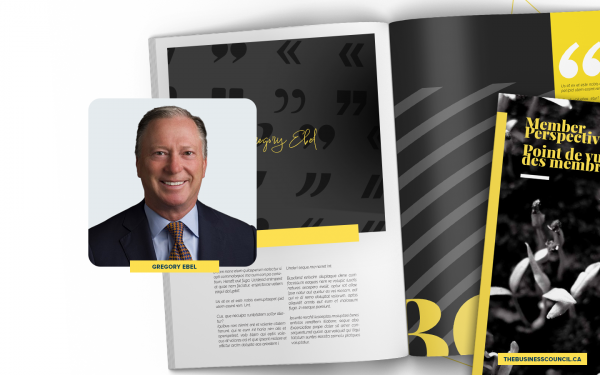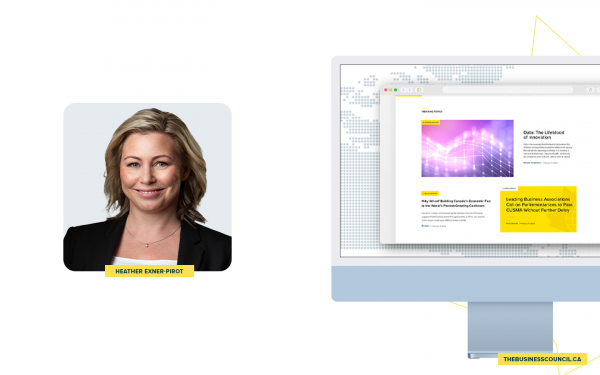Companies must play an active role in reconciliation and move forward with Indigenous peoples
As published by the Globe and Mail.
National Indigenous History Month provides the opportunity for us all to celebrate the heritage, diverse cultures and contributions of First Nations, Inuit and Métis peoples to Canada. But it’s also a chance to reflect on the progress we’ve made and the hard work that lies ahead.
The question is: Has business done enough and what else could we do to truly reconcile our past and move forward together with Indigenous people?
We’ve seen first-hand that progress has been made. Most of the energy industry now recognizes the deep and unique connections Indigenous nations and people have to land and water. And we’ve learned that building strong, trusting relationships with Indigenous communities, over time, is a precondition to doing business. This is positive.
Yet, as we all chart the path toward reconciliation, we need to keep reminding ourselves of the truth part. Before we can truly move forward, we need to acknowledge and learn more about Canada’s complicated – and at times dark – history with Indigenous people. If we can develop a deeper understanding of our shared history, and the lasting impact of residential schools for example, the path to reconciliation becomes clearer.
The Truth and Reconciliation Commission reminds us that businesses have a big role to play. It also points out that business has an obligation to provide education and historical context about the challenges that Indigenous people have faced and continue to face. At Enbridge, we’ve expanded our Indigenous awareness training across our company to improve understanding of Indigenous history, traditions, rights, cultures and governance. We’ve found that learning more about these things provides a deeper understanding of what engaging Indigenous communities really means.
We’ve learned not to walk into Indigenous communities with all the answers, but with the right questions. We instill more trust by listening very carefully to concerns and then working together to address those concerns. The point is that “consultation” is not just a listening exercise. The true test for businesses in meeting the standard is whether engagement leads to changes to a project. And, when engagement is done effectively, Indigenous expertise leads to better environmental, cultural and economic outcomes.
The Truth and Reconciliation Commission’s call to action #92 also directs companies to redouble efforts to ensure Indigenous people have access to jobs, training and education while gaining long-term benefits from projects. To us, it is much more than that. It is important to build relationships with communities for the long haul – through the life cycle of projects – not just when we want to build a project. At Enbridge, we are very proud of how far we’ve come on that with Indigenous communities in British Columbia, Alberta, Saskatchewan, Manitoba and Ontario.
The energy sector has come to more fully appreciate Indigenous history and a more collaborative approach to engaging communities. Good progress is being made, but more needs to happen.
I am pleased to see Canadians from all walks of life taking the time to celebrate National Indigenous Peoples Day. Celebrating is important – we don’t do enough of it.
Today, let’s recommit to putting in the hard work required to build Canada’s future together. In my experience, the hard work is worth the effort.











